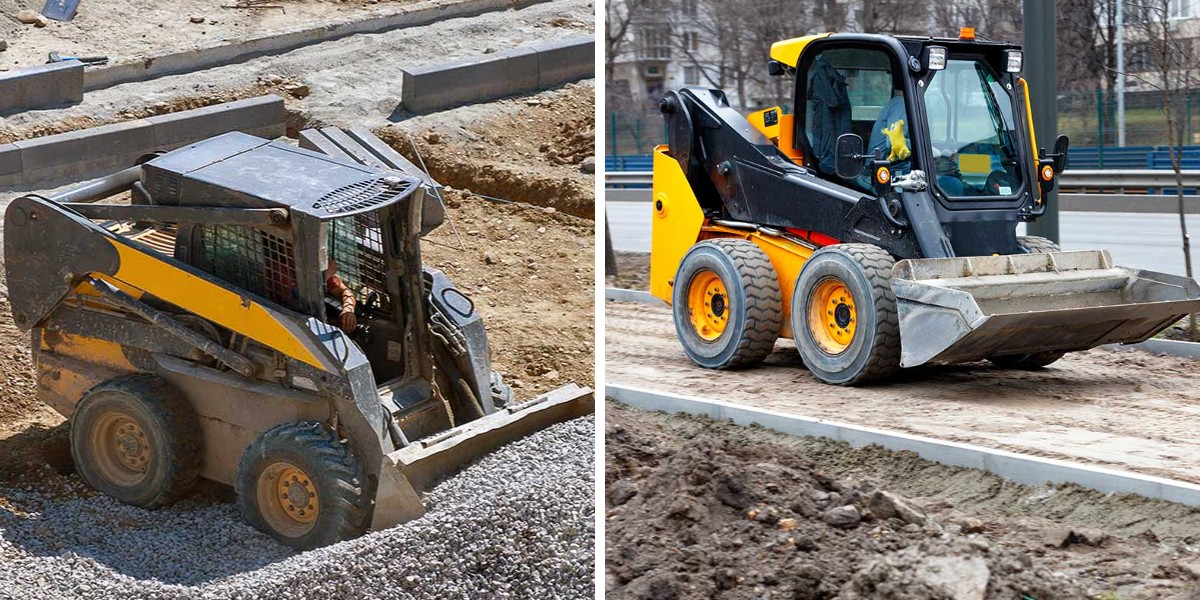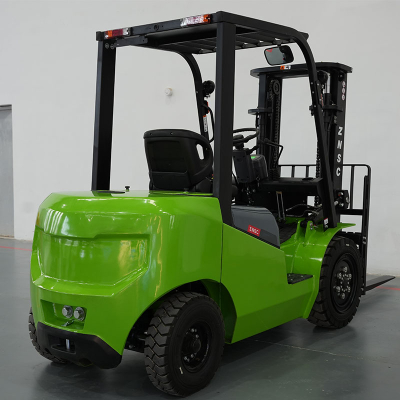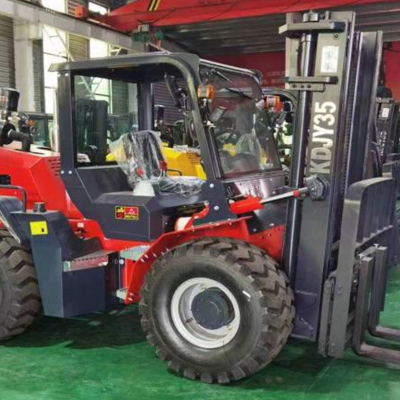Skid Steer Loaders: Are They Worth the Investment?
The skid-steer loader, a compact yet powerful "all-rounder" on the construction site, has become a must-have for industries like construction, agriculture, and landscaping thanks to its superior maneuverability and versatile attachment options. However, with an investment often reaching hundreds of thousands or even millions, many people can't help but ask: Is purchasing a skid-steer loader truly a wise investment? Is buying or leasing a skid-steer loader a better investment? This article provides an in-depth analysis to help you make the best decision.
Key Advantages of Buying a Skid Steer Loader
Long-Term Cost Savings:
Core Logic:If you need a skid steer loader frequently or for extended periods, buying it is generally more economical than repeatedly leasing.
Avoiding Ongoing Leasing Expenses:Long-term leasing costs can significantly exceed the equipment's purchase price. Owning the equipment means operating costs are primarily limited to fuel, maintenance, and depreciation.
Instant Availability:
Always Ready:The equipment is always there for you. As soon as a project starts or an unexpected task arises, you can get to work immediately without waiting for rental approval or equipment transportation, significantly improving efficiency and responsiveness.
Project Control:With complete control over when and how long the equipment is used, regardless of the lease term or availability, you gain greater flexibility and autonomy in scheduling.
Return on Investment:When equipment utilization is high, it directly adds value to your project or business, more quickly amortizing the purchase cost and generating profits.
Highlights of Skid Steer Loader Rentals
Extremely Low Upfront Investment and Cash Flow-Friendly:
No Major Outlays:Leasing requires only a relatively low deposit and regular (weekly/monthly) rental payments, significantly reducing initial financial pressure and freeing up valuable cash flow for other core business activities.
No Worries about Maintenance and Unexpected Costs:
Liability Transfer:During the rental period, routine maintenance and major repairs due to non-human damage are typically covered by the rental company (be sure to read the contract terms carefully), reducing your worries and the risk of unexpected expenses.
Flexibility and Adaptability:
Project Matching:Flexibly rent equipment with precisely matched specifications and accessories based on the duration, scale, and task type of a specific project, eliminating the need for over- or under-equipment.
Easy Add/Subtract:Quickly rent additional equipment when business volume fluctuates or demand surges, and easily return it when the project ends or demand decreases.
In conclusion
There's no one right answer to choosing between buying and leasing; the key lies in matching your unique needs:
For users with high usage, stable demand, sufficient funds, and the ability to maintain maintenance, buying is a strategic investment. It can deliver significant long-term cost savings, unparalleled convenience, maximized productivity, and ultimately a positive return on investment.
For users with low usage, fluctuating demand, short project cycles, limited funds, or those seeking to mitigate maintenance risks and maintain technical flexibility, leasing is a smarter and more economical option. It provides access to equipment with a lower initial investment and transfers most of the operational risk.
Do you have questions about investing in a skid-steer loader? Are you more inclined to buy or lease? Contact us.






